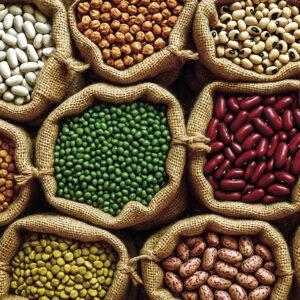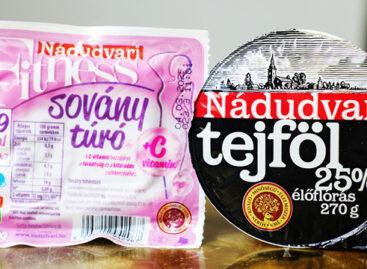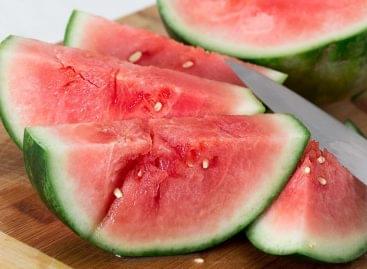Domestic superfoods for health and sustainability
People eat more and more exotic “superfoods”, but from a sustainability and dietetic point of view it is better to choose domestic alternatives, says the Hungarian Dietetic Association (MDOSZ).

Instead of trendy superfoods, local, seasonal and low-ecological footprint ingredients should be preferred
This article is available for reading in Trade magazin 2025/5.
The term superfood isn’t recognised as a scientific category by either EFSA or FDA, yet more and more imported foods are called superfood. Domestic products often rival their exotic counterparts in their nutritional profile, e.g. flaxseed instead of chia, rosehip instead of goji berries, millet instead of quinoa, etc. //
Related news
Tradition and innovation: this is how Nádudvari stays competitive in the food market
In today’s food market, it is not enough to simply…
Read more >The market is not the primary driver of green corporate decisions in Hungary
The sustainability strategies and investments of domestic companies will be…
Read more >Europe’s breadbasket could become a desert
Spain has become Europe’s leading producer of fruit and vegetables,…
Read more >Related news
Drought, technological competition and collaboration: the domestic melon season has begun
The 2025 Hungarian melon season starts amidst serious challenges: the…
Read more >Leadership change at Fornetti: Nándor Szabó is the new Managing Director
Nándor Szabó will take on the role of CEO of…
Read more >Change in Zwack management: Csaba Belovai is the new CEO of Zwack Unicum Plc.
According to the decision of the owners of Zwack Unicum…
Read more >






